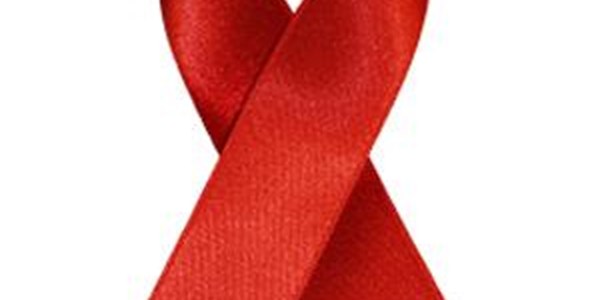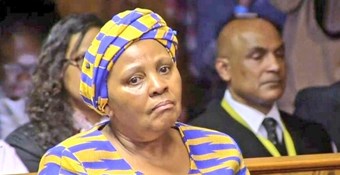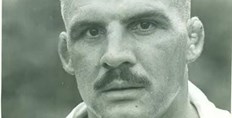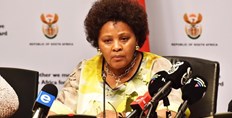National
Twenty thousand delegates to attend Durban Aids conference in 2016─── 12:28 Thu, 03 Sep 2015

Durban - More than 20,000 delegates are expected to attend the 21st International AIDS Conference that will be held in Durban next year.
Dr Memory Muturiki, the Head of Local Secretariat for the AIDS 2016, said that the conference would also draw some 1,500 journalists.
There would be delegates from 180 countries represented and assisted by about 1,000 volunteers.
Muturiki, who was speaking at an official breakfast to launch the conference, which would see more than 500 sessions and mini-conferences held at the event.
The conference will be held from July 17 to July 22 next year.
KwaZulu-Natal premier Senzo Mchunu said that although a lot of progress has been made, much more still needed to be done.
“We are demonstrating our resolve. We are making up our minds and we want to come out of this with new enthusiasm, understanding and determination to fight Aids.”
He said that much also still needs to be done to fight the stigma of Aids.
“We need to win that war, especially that psychological war,” he said.
South Africa has 3.2 million people receiving anti-retroviral treatment (ARV) from the world’s largest ARV programme. Almost a third of those receiving ARVs are in KwaZulu-Natal.
Patrick Mdletshe, the chairman of the KwaZulu-Natal Civil Society Forum and deputy chairman of the province’s Council on Aids, said that while much has been achieved since the last International Aids Conference was held in Durban in 2000, there were still challenges, especially the shortage of drugs.
The 2000 conference was especially noted for the impassioned plea made by 11-year old Nkosi Johnson who called on the world to stop discriminating against sufferers of the disease.
He finished his speech to delegates by saying: “Care for us and accept us. We are all human beings. We are normal. We have hands. We have feet. We can walk, we can talk, we have needs just like everyone else. Don’t be afraid of us. We are all the same.”
Nkosi, who was born with the disease, died the following year.
KwaZulu-Natal health MEC Sibongiseni Dhlomo said that in KwaZulu-Natal the rate of mother to child transmission had fallen from 20 percent in 2005 to only 1.2 percent of babies born in 2014 contracting HIV.
“We are encouraged by this (decrease). We can go to zero,” said Dhlomo.
ANA













